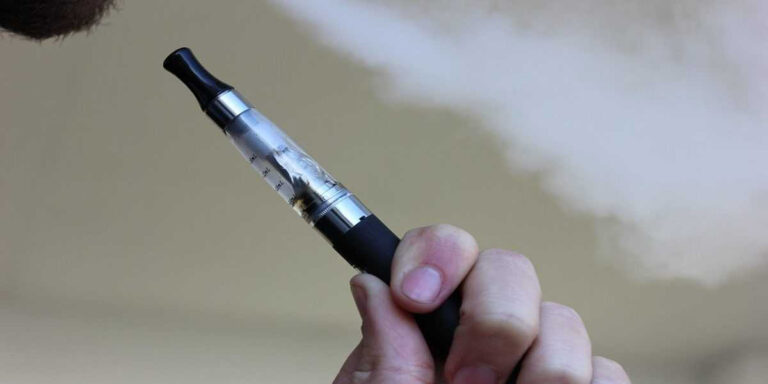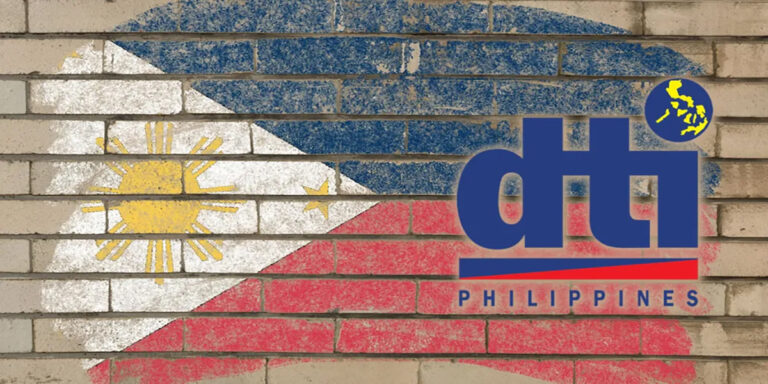Tajikistan has recently introduced amendments to its administrative laws, significantly enhancing penalties for smoking in smoke-free zones and regulating the sale of tobacco products.
New Smoking Regulations
Under the revised Code of Administrative Offenses (КоАП), individuals caught smoking in designated smoke-free zones, such as hospitals, schools, universities, and offices, face increased fines. Previously ranging from 72 to 144 somoni (approximately 6.7 to 13.4 USD), fines have now tripled to between 216 and 360 somoni (approximately 20 to 33 USD) .
Impact on Businesses and Retailers
The updated regulations also target businesses selling tobacco products and e-cigarettes. Violations like openly displaying these items can lead to fines ranging from 7,200 to 21,600 somoni (approximately 672 to 2,000 USD), depending on the scale of the business .
Regional Context: Kazakhstan’s Similar Measures
Tajikistan’s actions parallel regional efforts seen in Kazakhstan, where recent measures under President Kassym-Jomart Tokayev included banning the import and sale of e-cigarettes. These initiatives reflect a concerted regional push to combat smoking and reduce e-cigarette use, aligning with broader public health objectives .
FAQs
What are the specific smoke-free zones designated in Tajikistan?
Smoke-free zones include hospitals, schools, universities, offices, and even private cars.
How much have fines increased for smoking in smoke-free areas under the new regulations?
Fines have tripled, now ranging from 216 to 360 somoni.
What penalties do businesses face for openly displaying or selling tobacco products?
Individual entrepreneurs may be fined between 7,200 and 14,400 somoni, while larger entities could face fines from 14,400 to 21,600 somoni.
Why are these regulations significant for public health in Tajikistan?
These regulations aim to reduce public exposure to tobacco products and e-cigarettes, thereby lowering consumption rates and improving public health outcomes.
How does Tajikistan’s approach compare to other countries in Central Asia?
Tajikistan’s efforts align closely with regional trends, such as Kazakhstan’s recent ban on e-cigarettes, indicating a unified approach across Central Asia towards tobacco control.


















